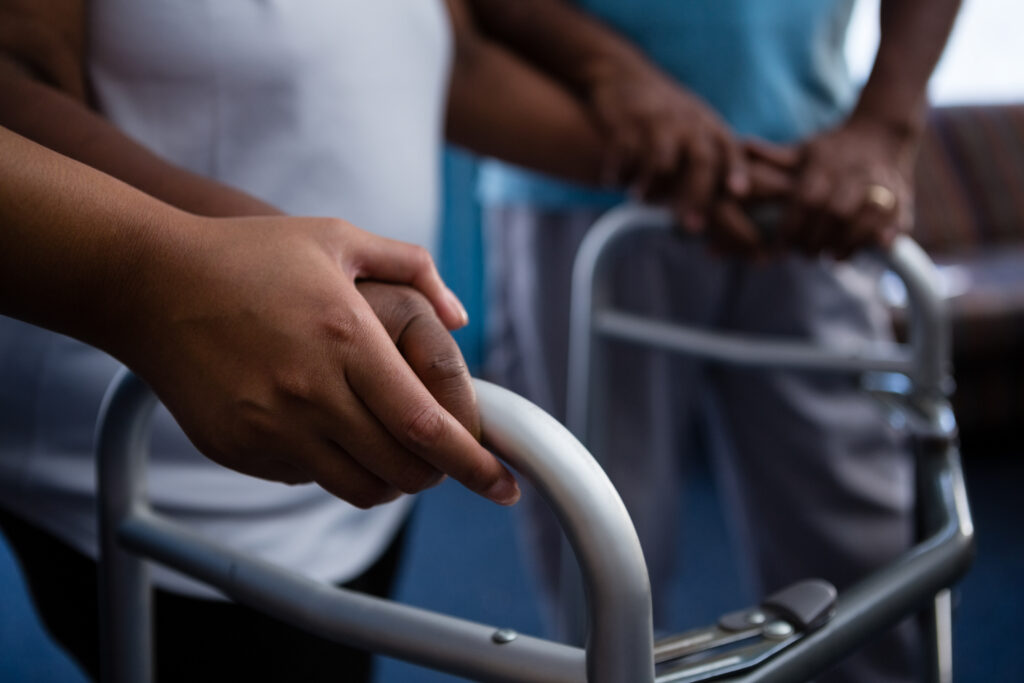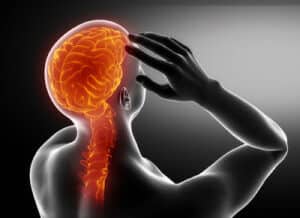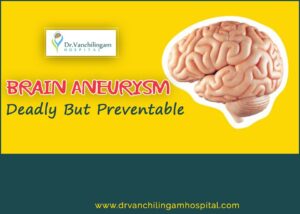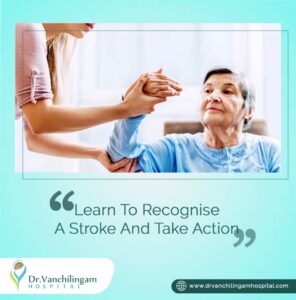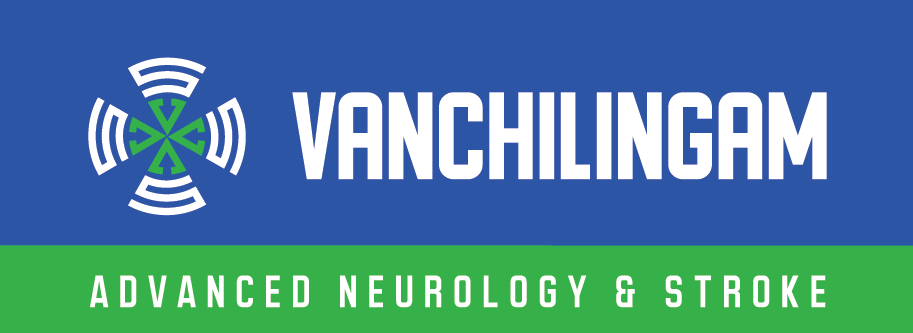Introduction:
Minor strokes, often referred to as Transient Ischemic Attacks (TIAs), might seem less alarming than major strokes, but their impact on daily life and long-term health can be profound. These brief episodes of neurological dysfunction are warning signs that Somebody should not ignore. Understanding how minor strokes affect individuals can help in early intervention and prevention of more severe strokes.
Understanding Minor Strokes
Minor strokes are characterised by temporary blockage of blood flow to the brain, leading to symptoms that last for a few minutes to a few hours. Despite their short duration, the effects can be significant. It’s essential to recognize the symptoms, including sudden weakness, numbness, confusion, trouble speaking, and loss of balance.
Daily Life Impact of TIA
1. Cognitive Changes:
- Minor strokes can cause subtle changes in cognitive functions. Patients might experience difficulties with memory, concentration, and decision-making, which can affect their daily activities and work performance.
- According to a study by the All India Institute of Medical Sciences (AIIMS), nearly 30% of minor stroke survivors reported noticeable cognitive impairments affecting their professional and personal lives.
2. Emotional and Psychological Effects:
- The psychological impact of a minor stroke can be significant. Many patients experience anxiety, depression, and a fear of recurrence, which can interfere with their overall well-being.
- A research article from the National Institute of Mental Health and Neurosciences (NIMHANS) highlighted that approximately 40% of minor stroke survivors face emotional challenges that require psychological support.
3. Physical Limitations:
- Even after a minor stroke, individuals may face physical limitations such as reduced mobility, weakness, and difficulty with coordination. These limitations can make daily tasks more challenging and reduce the quality of life.
- A survey conducted by the Indian Stroke Association revealed that about 25% of minor stroke patients needed assistance with daily activities due to lingering physical effects.

Long-term Health Implications
Increased Risk of Major Strokes:
- One of the most critical long-term implications of a minor stroke is the increased risk of a major stroke. Studies show that about 10-15% of individuals who experience a minor stroke will suffer a major stroke within three months.
- AIIMS research indicates that timely medical intervention and lifestyle changes can significantly reduce this risk.
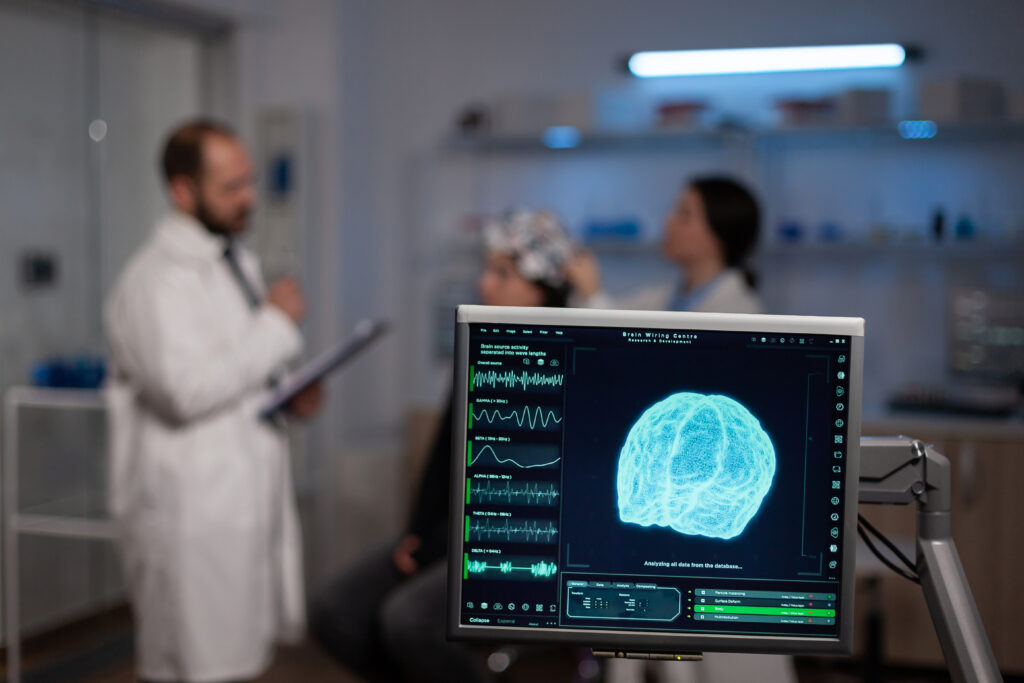
Chronic Health Conditions:
- Minor strokes can be a precursor to chronic health conditions such as hypertension, diabetes, and cardiovascular diseases. Managing these conditions is crucial to prevent further strokes and maintain overall health.
- The Indian Council of Medical Research (ICMR) states that effective management of these conditions can lower the recurrence rate of strokes by up to 50%.
Cognitive Decline:
- Long-term cognitive decline is a serious concern for minor stroke survivors. Persistent cognitive impairments can lead to conditions such as vascular dementia, impacting the patient’s ability to live independently.
- NIMHANS research has shown a correlation between minor strokes and accelerated cognitive decline in elderly patients, emphasising the need for continuous cognitive assessment and support.
Preventive Measures and Rehabilitation of TIA
1. Lifestyle Modifications:
- Adopting a healthy lifestyle can significantly reduce the risk of recurrent strokes. This includes maintaining a balanced diet, regular physical activity, quitting smoking, and managing stress.
- A joint study by AIIMS and the Indian Heart Association highlights the effectiveness of lifestyle changes in reducing stroke risk by up to 30%.

2. Medical Interventions:
- Regular medical check-ups and adherence to prescribed medications are essential to manage underlying conditions and prevent further strokes.
- The Stroke Association of India recommends routine monitoring of blood pressure, cholesterol levels, and blood sugar levels to mitigate stroke risks.

Rehabilitation Programs:
- Comprehensive rehabilitation programs, including physical, occupational, and cognitive therapy, can help stroke survivors regain their independence and improve their quality of life.
- According to the Research Gate, patients who participate in structured rehabilitation programs show a 40% improvement in functional abilities within six months.
Conclusion
Minor strokes, though often overlooked, have a significant impact on daily life and long-term health. By understanding the implications and adopting preventive measures, individuals can reduce the risk of major strokes and improve their overall well-being. Dr. Vanchilingam Advanced Neurology and Stroke provides comprehensive care and support to stroke survivors, helping them lead healthier, more fulfilling lives. For more information on stroke prevention and rehabilitation, visit our website or contact our neurology department.


